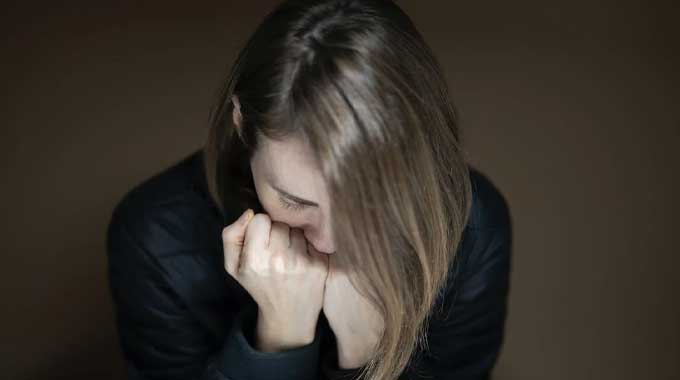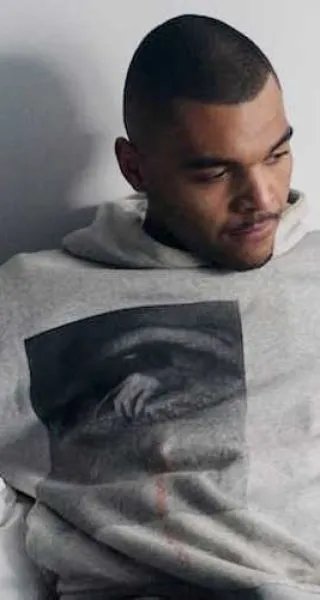Depression is a mood disorder that can cause feelings of sadness, hopelessness, and apathy. It may seem like depression symptoms are so intense and have affected you for so long that there is no chance of a life free from the disorder. While it is a recurring disorder, many people do completely overcome depression and never experience these symptoms again. For others, treating depression is more complex and finding coping mechanisms for living with the disorder while undergoing different treatment modalities and exploring different therapies is important.
- Depression Symptoms
- How To Treat Depression
- Therapy
- Medication
- Selective Serotonin Reuptake Inhibitors Ssris
- Serotonin Norepinephrine Reuptake Inhibitors Snris
- Tricyclic Antidepressants Tcas
- Mood Stabilizers Or Antipsychotics
- Severe Depression
- Improving Mental Health
- Can Depression Be Cured Without Medication
- Contact Us
Depression treatment is not a one-size-fits-all process. Depending on the root cause of the disorder, or whether an individual has co-occurring disorders, different treatment options are suitable.

Depression Symptoms
Depression symptoms can vary from person to person, they may occur only once in a person’s life or return persistently throughout their life. Some common symptoms of depression include:
- Feelings of sadness, emptiness, or hopelessness
- Losing interest in many of the normal activities you once enjoyed such as hobbies, sex, sports, or creative activities
- Experiencing disturbances such as insomnia, sleeping all the time or sleeping during the day, and staying awake at night.
- Tiredness, fatigue, and general lack of energy, so that often small tasks like laundry take a huge effort
- Change in appetite including both a reduced appetite and weight loss and increased cravings for food and weight gain
- Anxiety, agitation, or restlessness as well as anger and angry outbursts
- Slowed thinking, speaking, or body movements
- Feelings of worthlessness or guilt, thinking about past failures, and self-loathing
- Difficulty concentrating, making decisions, and remembering things
- Frequently thinking about death, suicidal thoughts, or suicide attempts
- Unexplained physical ailments, such as back pain, lowered immunity, muscle aches, or headaches
- Suicidal thoughts, plans or behaviors, and self-harm
These symptoms can often appear to the outside world like a person is lazy and unmotivated. However, depression is not a lack of effort or motivation, nor is it related to a certain personality type.
How to Treat Depression
There is a vast range of treatment options for depressive symptoms. Some options are said to treat depression’s symptoms while others aim to treat the root cause.
Major depressive disorder or clinical depression are the diagnostic terms of depression, and a medical professional will often recommend therapy or medication options to someone diagnosed with the disorder. Depression is a serious mental illness and is unlikely to just ‘go away’ without intervention.
Therapy
In most cases, the first step in a treatment plan for depression involves therapy with a trained mental health professional.
Therapy for depression can take many forms, including:
- Cognitive behavioral therapy (CBT). Often thought of as one of the most effective treatments for depression, CBT helps people to identify and reframe unhelpful thought and behavior patterns. This often includes learning strategies such as cognitive restructuring, positive self-talk, behavioral activation, or guided discovery and questioning.
- Interpersonal therapy (IPT). This form of therapy helps people to identify and address certain challenges in their lives within personal relationships that contribute to depression symptoms. During interpersonal therapy, you learn skills to better deal with challenging emotions and improve communication.
- Mindfulness-based cognitive therapy (MBCT). A more modern approach, MCBT combines the core principles of CBT with mindfulness techniques such as meditation. It shows success in both relieving symptoms of depression and reducing the likelihood of them recurring.
It is generally best to take time to figure out which approach is best suited to you and your specific symptoms. Depression can affect people’s daily lives, relationships, and feelings in a range of different ways. Although it may feel frustrating it is important to be patient and open to changing approaches. If one treatment modality is having little effect on you, ask your therapist or healthcare provider about other forms of therapy that may be more appropriate.
Medication
It is thought that while medication can alleviate certain symptoms of depression, reduce negative thoughts and make day-to-day life easier, it does not always address the root cause of the problem and take steps toward improving your life as therapy does.
If a major depressive episode is caused by an imbalance in brain chemicals linked to mood, medication is a recommended treatment option. If you’d like to try medication for depression, most mental health professionals will recommend combining medication and therapy. That’s because medication doesn’t always address the underlying causes or triggers that contribute to depression symptoms.
Here are some of the medications prescribed to people with severe depression:
Selective serotonin reuptake inhibitors (SSRIs)
These are often prescribed as the first approach to treatment. Doctors will generally recommend that you take SSRIs for six months. A medical professional may prescribe a higher dose during or after this time.
Serotonin-norepinephrine reuptake inhibitors (SNRIs)
These are often useful for people with both depression and chronic pain conditions.
Tricyclic antidepressants (TCAs)
These are often prescribed to ease depressive symptoms that don’t respond to other forms of antidepressant medications.
Mood Stabilizers or Antipsychotics
These can boost the effects of antidepressant medications and address mental health conditions or mood disorders that make co-occur with major depression
Severe Depression
Any form of depression is incredibly difficult to live with, although the intensity of symptoms can vary from person to person. Individuals with severe depression may experience persistent thoughts of something bad happening, such as death or suicide, and they can even make repeated suicide attempts. In very severe cases, people may experience psychotic symptoms including hallucinations or delusions.
Some people with severe depression suffer from treatment-resistant depression where they do not experience relief from medication or traditional therapy. This can be frustrating and often cause increased feelings of hopelessness. Research suggests that over 30% of people who have been prescribed antidepressant medication have treatment-resistant depression.
Alternative approaches are emerging that claim to give relief to people who have seen little to no improvement from medication. Repetitive transcranial magnetic stimulation (TMS) is one such treatment that involves sending electrical pulses to certain areas of the brain.
Improving Mental Health
In addition to clinical approaches such as medication and therapy, improving mental health through certain lifestyle changes can improve outcomes and address certain behaviors or attitudes that contribute to depression.
Can Depression Be Cured Without Medication?
While there is not one particular cure for depression, there are still plenty of options to improve symptoms. Although clinical approaches are always recommended, for some people overcoming depression involves medication or therapy and for others, it may not.
Psychotherapy including person-centered therapy, cognitive behavioral therapy, and psychodynamic therapy are all effective ways of addressing the causes and contributing factors of depression focusing on the particular issues you are facing, without the need for medication.
Genetic and environmental factors have a significant impact on the development of mental disorders including depression. Therapy presents an opportunity to address the way certain environmental factors and personal experiences have impacted your life and contributed to your mental health.
Improving physical health through physical activity and self-care is another way to ease depression symptoms and reduce risk factors for relapse and recurrence.
There is a wide range of other treatments and approaches that people with mild to moderate depression may explore such as herbal remedies, electroconvulsive therapy, vagus nerve stimulation, light therapy, and strategies to reduce stress

Contact Us
At GIA Miami we offer a range of treatment approaches for depression including treatment-resistant depression. We specialize in transcranial magnetic stimulation which has shown great success in treating depression with benefits tending to persist after the treatment ends. Contact us today if you or one of your family members is struggling with depression.








